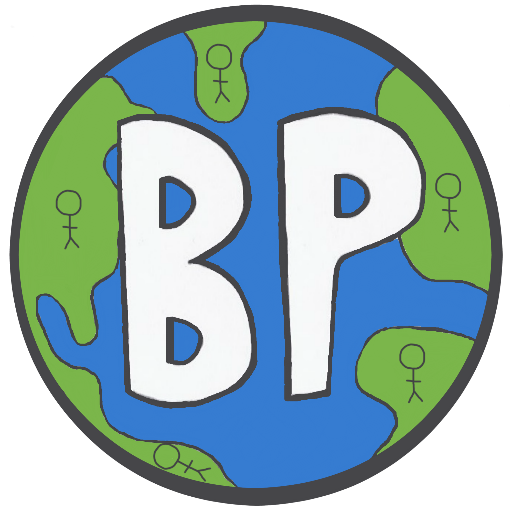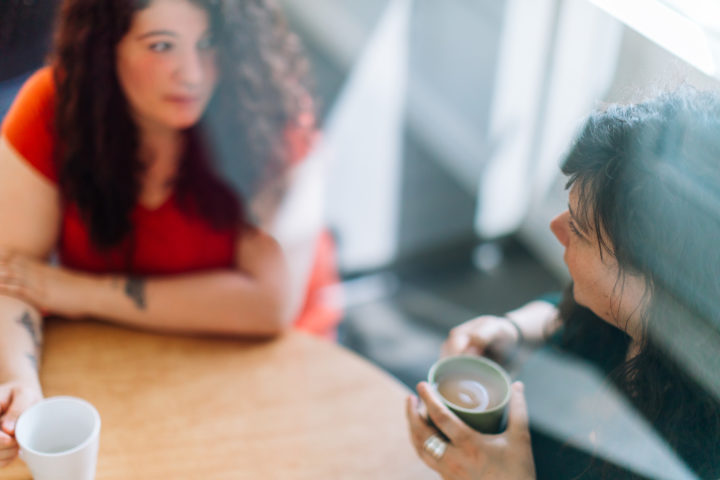Author’s note: This articles discusses self-harm, suicide, and disordered eating.
When she was just 15 years old, Gabby Frost founded Buddy Project, Inc., a non-profit movement that aims to prevent suicide, self-harm and eating disorders. Since April 8, 2013, Buddy Project has been pairing teens with buddies to build positive relationships and bolster companionship.
What inspired you to create the Buddy Project?
Gabby Frost: Back in the time period where I was transitioning from 8th to 9th grade, I discovered that a lot of my friends from school and online were going through mental health problems. I gave them all of my support and motivated them to get through it. They always told me they were glad to have a friend that could help them get through these things, and I always kept that in the back of my mind.
A few months later while I was scrolling through Twitter, I saw that other One Direction fans I was following were contemplating suicide. I tweeted them things similar to what I had told my friends, then looked at their tweets. They all said something along the lines of not having any family members or friends who could help them get through their mental health problems. I remembered what my friends had said and thought, “Why not create a program to give people a friend who can support them and possibly help them overcome these issues?” That idea is what made me want to create Buddy Project.
Is there any piece of feedback that you have received from a participant in the Buddy Project that has really stuck with you?
GF: The best feedback I’ve gotten was from two girls that I met at the One Direction [concert] in Philly in September 2015. They are the first people from Buddy Project that I’ve met in person, which was an amazing experience. They told me all about how they love their buddies and Buddy Project. I still hear back from them on their experiences with their buddies and it really gives me a reality of the impact I’m making.
I’ve met these people so I know they’re real, which is different from just reading it. Sometimes when I read feedback, I’m in such disbelief that I’ve caused such a change in someone’s life, which is something that I didn’t think could be possible.
What do you see the Buddy Project developing into in the future? Are there any upcoming plans in the works?
GF: I want Buddy Project to become its own social networking site, as well as an app. I don’t want to restrict sign ups to Twitter users anymore, but I don’t know a better way than just making Buddy Project its own site. I’m also hoping to start fundraising a lot more and giving back to local mental health facilities and mental health research organizations.
What it was like winning the 2014 Shorty Award for Teen Activism?
GF: Winning the 2014 Shorty Award for Teen Activism was unreal. I couldn’t believe that I had won my first award at 16 years old. I realized the impact I was making with Buddy Project when I received the award. When I won, Buddy Project was only one day shy of being a year old and I had already helped over 50,000 people. Honestly, the feeling I had is so indescribable.
What are your own personal plans for the future? Where do you see yourself in the next 10 years?
GF: I’m going to be majoring in Entertainment & Arts Management at Drexel University in Philadelphia, Pennsylvania starting this fall. I want to become a manager for a singer, band, public figure, or venue. I want to improve on how concert venues treat fans. I also want to just make being a fan of a singer, band, or public figure a better experience.
What is the best piece of advice you have received and how has it influenced your desire to make such a big impact on others?
GF: The best piece of advice I’ve received isn’t really from a specific person, it’s from multiple people. The advice was to keep doing what I’m doing. It might just be a simple phrase, but the fact that so many people have told me that means I must be doing something right. The quantity of words doesn’t matter, it’s the quality. I know when people say this to me that they’re being genuine, which makes me extremely empowered.




comments